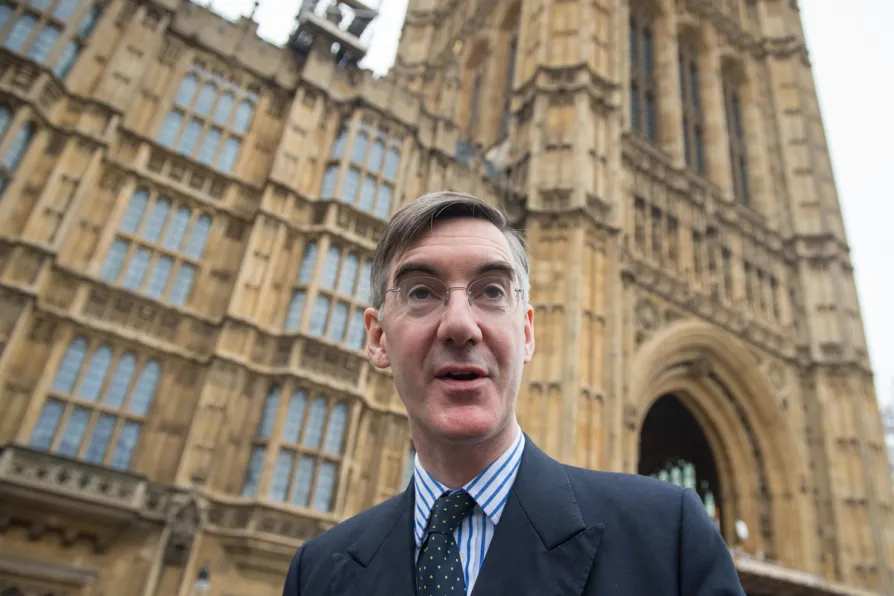As Colombia approaches presidential elections next year, the US decision to decertify the country in the war on drugs plays into the hands of its allies on the political right, writes NICK MacWILLIAM


WITH the Brexit crisis rumbling on and the Tory Party divided between pro-Brexit and pro-Remain MPs, it’s possible that the party faces its biggest split since 1847.
Robert Peel was elected in 1841 with the backing of landowners who did not want the Corn Laws repealed (a tax on imported wheat that kept domestic bread prices high, likewise profits for farmers) but did in fact repeal them in 1846 with the backing of the Anti-Corn Law League.
The working class, primarily the Chartists, were only marginally concerned in terms of the organisation of the League pushing instead, in due course successfully, for a Ten Hours Act to reduce the length of the working day — a measure they correctly judged would have more impact on workers’ lives.

In 1981, towering figure for the British left Tony Benn came a whisker away from victory, laying the way for a wave of left-wing Labour Party members, MPs and activism — all traces of which are now almost entirely purged by Starmer, writes KEITH FLETT

Who you ask and how you ask matter, as does why you are asking — the history of opinion polls shows they are as much about creating opinions as they are about recording them, writes socialist historian KEITH FLETT

KEITH FLETT revisits debates about the name and structure of proposed working-class parties in the past

The summer saw the co-founders of modern communism travelling from Ramsgate to Neuenahr to Scotland in search of good weather, good health and good newspapers in the reading rooms, writes KEITH FLETT














